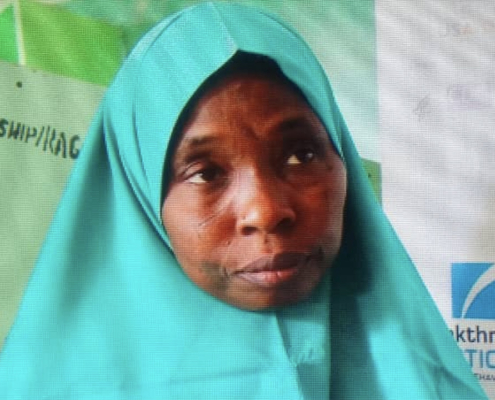 Breakthrough ACTION-Nigeria
Breakthrough ACTION-NigeriaNigeria Ward Development Committees Drive Community Action by Helping Women Get to Health Services
Blog, Breakthrough ACTIONBreakthrough ACTION’s work enabled a community emergency system to transport thousands of women to facilities for antenatal care and child delivery.
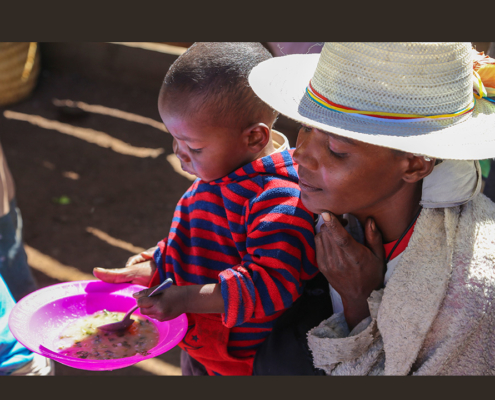 Mohamad Al-Arief/World Bank
Mohamad Al-Arief/World BankBuilding Behavioral Design Skills: Conversations with Breakthrough ACTION Innovators
Blog, Breakthrough ACTIONBreakthrough ACTION’s work to build behavioral design capacity inspired a health official in Niger to develop innovative solutions for public health challenges.
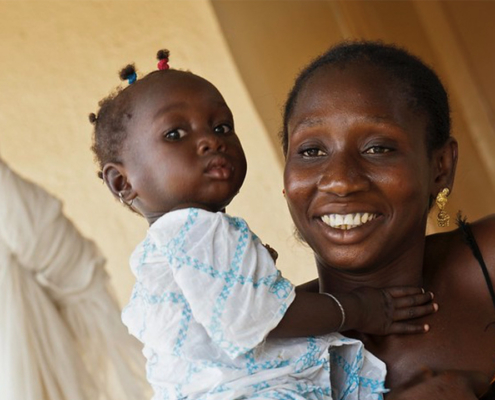 Arne Hoel/World Bank
Arne Hoel/World BankBuilding Behavioral Design Skills: Conversations with Breakthrough ACTION Innovators
Blog, Breakthrough ACTIONBreakthrough ACTION’s behavioral design training enabled a health official in Burkina Faso to design innovative solutions that address low ANC attendance rates.
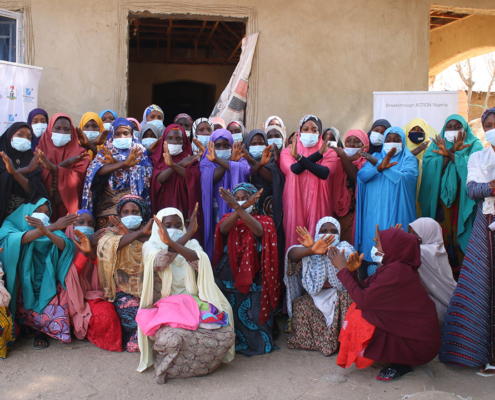 Breakthrough ACTION
Breakthrough ACTIONAdvancing Gender Equality in Nigeria Through Women’s Empowerment Groups
Blog, Breakthrough ACTIONThis blog post celebrates International Women’s Day by highlighting how women’s empowerment groups Breakthrough ACTION works with advance gender equality.
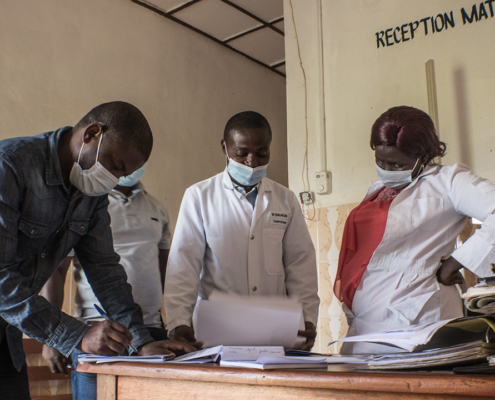 Raissa Rwizibuka
Raissa RwizibukaBarriers to Feeding Young Children Well During and After Illness: Insight from the DRC
Blog, Breakthrough ACTIONThis blog post captures insights gained from Breakthrough ACTION’s work to understand the barriers caregivers face in feeding children during and after illness.
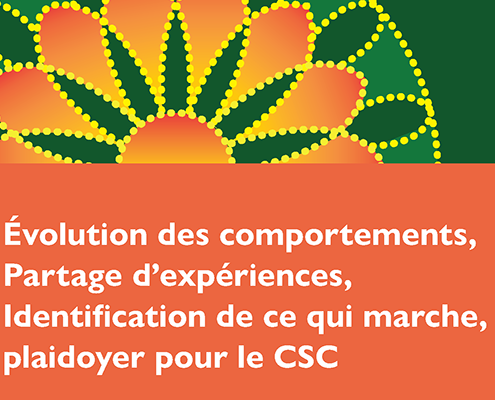
Rapport du Sommet francophone 2019
Breakthrough ACTION French Francophone West Africa Family Planning / Reproductive Health, Maternal and Child Health, Nutrition Report Social and Behavior Change Communication Breakthrough ACTION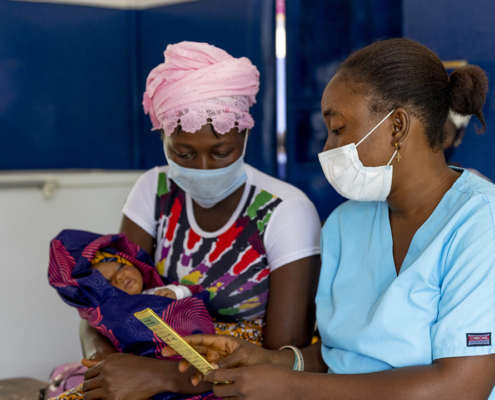 Mwangi Kirubi/PMI Impact Malaria/Flickr
Mwangi Kirubi/PMI Impact Malaria/FlickrSupporting Provider Behavior Change: An Experiential Workshop
Blog, Breakthrough ACTIONBreakthrough ACTION will be hosting experiential workshops to introduce practitioners to tools that can help them enhance their provider behavior change work.
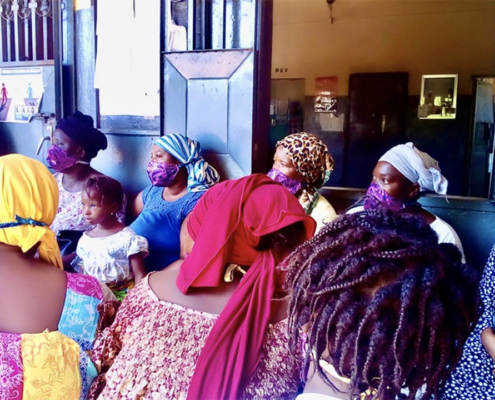
Using the Community Action Cycle to Build Trust in Guinea
Blog, Breakthrough ACTIONBreakthrough ACTION increased antenatal care rates in Guinea from 25% to 75% by using community dialogues to build trust among women in local health facilities.
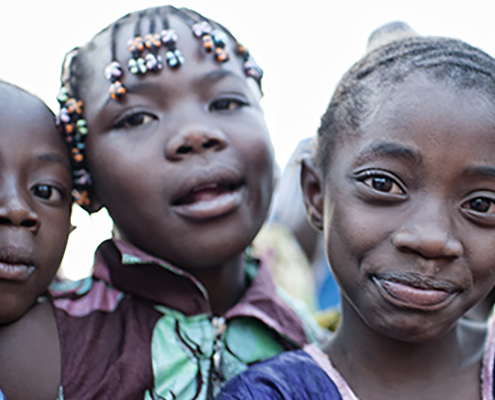 Photoshare
PhotoshareÉvaluation des impacts du changement social et comportemental intersectoriel au Sahel/RISE II
Breakthrough RESEARCH French Burkina Faso, Francophone West Africa, Niger Cost Effectiveness, Family Planning / Reproductive Health, Integration, Maternal and Child Health, WASH Fact Sheet/Brief Monitoring and Evaluation Breakthrough RESEARCHCes ressources traitent de la recherche visant à évaluer les succès et les difficultés des programmes intégrés du CSC dans un contexte de stress climatique.

